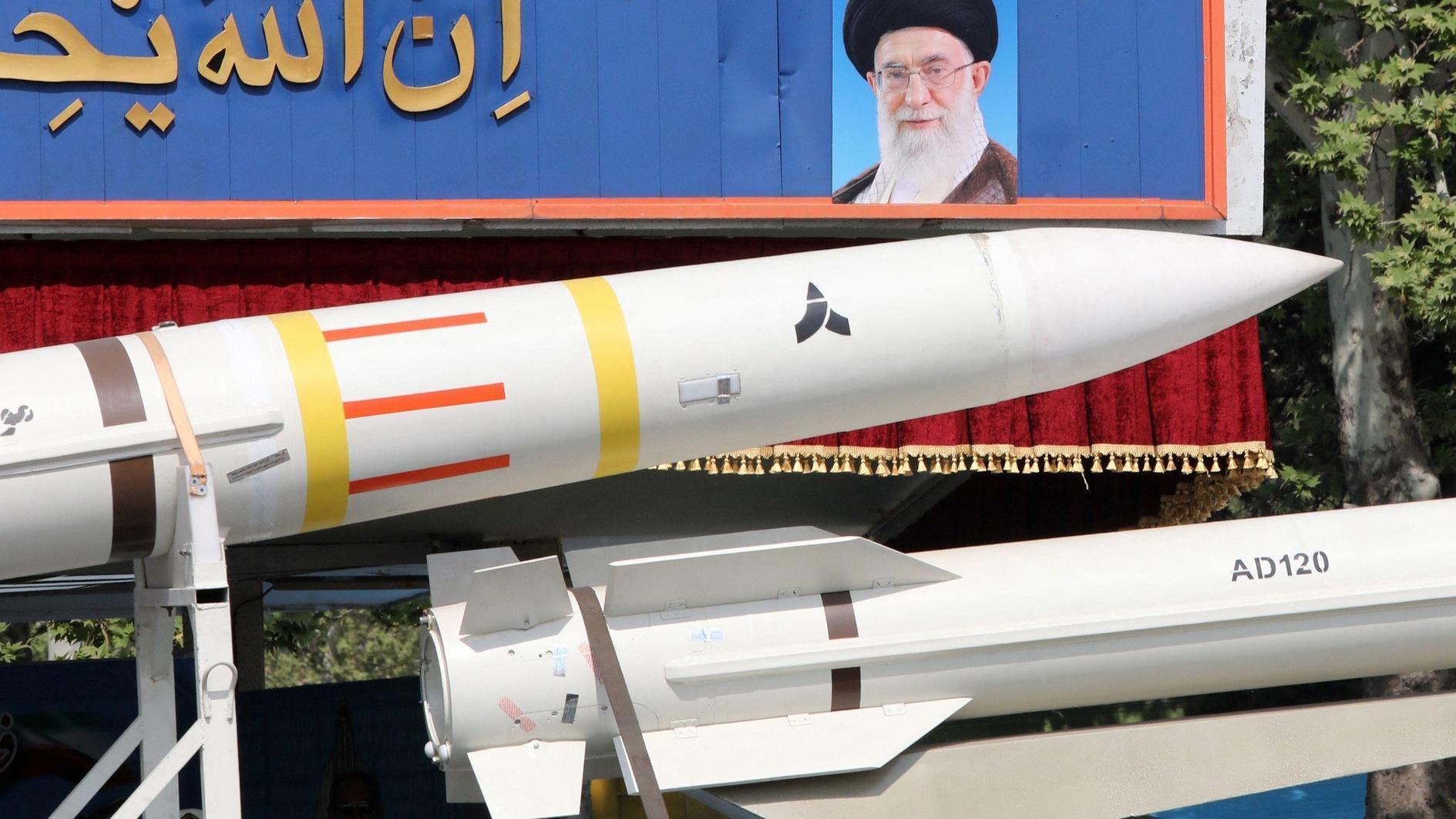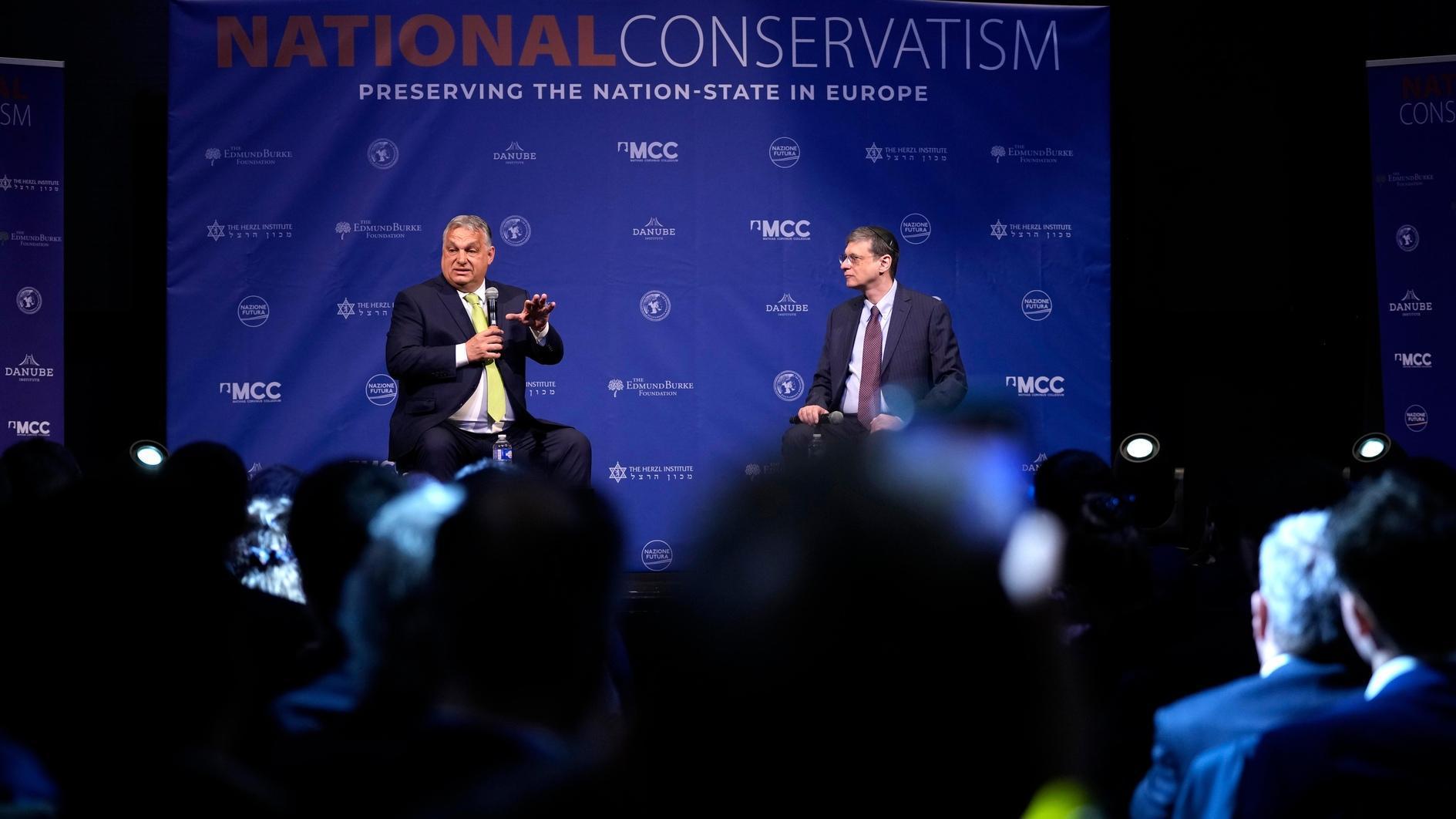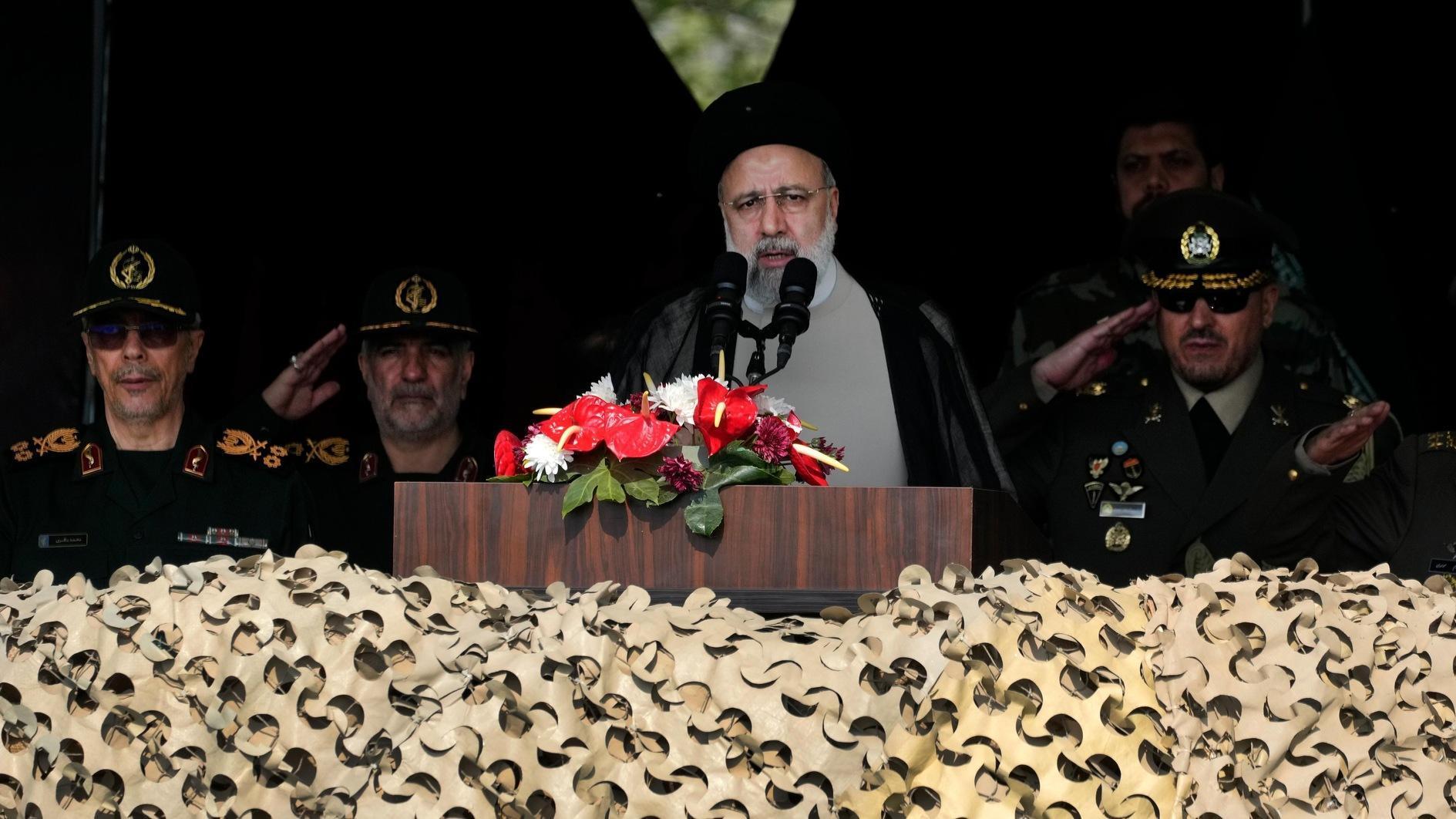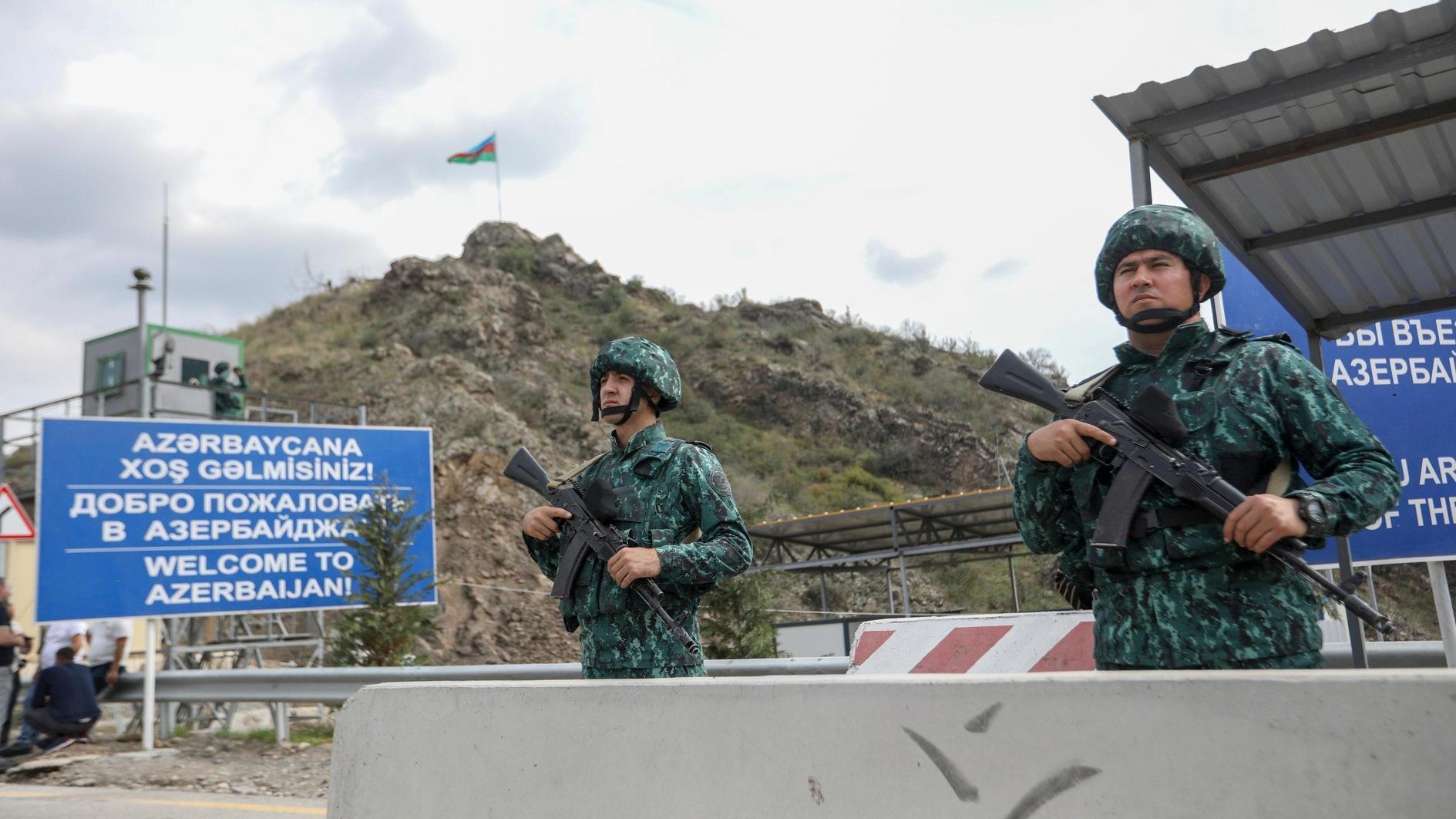Iraqi Kurdish PM says US-led coalition against ISIL faces long war
ARBIL - Reuters
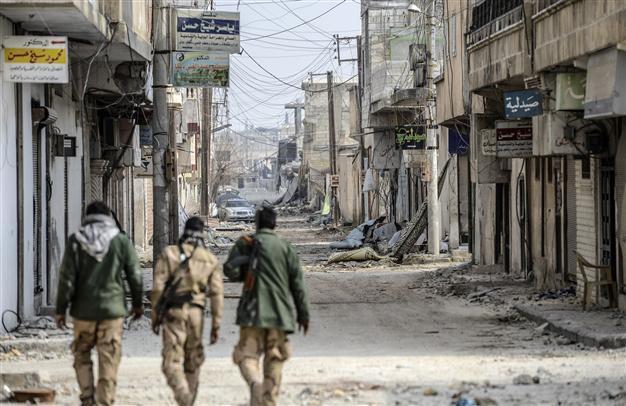
Kurdish fighters walk through the wreckage left by fighting on a street in the center of the Syrian town of Kobane, also known as Ain al-Arab, on January 28, 2015. AFP Photo
Iraq’s Kurdistan Regional Government (KRG) Prime Minister Nechirvan Barzani warned that despite victories in the war against Islamic State of Iraq and the Levant (ISIL), the global coalition against the group was inadequate and predicted a campaign to retake the Iraqi city of Mosul would not happen before the fall.In an interview with Reuters late on Jan. 29, Barzani said there was little chance of defeating the Jihadi movement so long as the civil war rages on in Syria, Iraq's army continues to exist more on paper than on the ground, and Kurdish Peshmerga forces in northern Iraq remain woefully under-armed.
Current U.S. strategy, says Barzani, will at best contain ISIL, a resilient and carefully structured organisation that will menace the region and the world for years to come.
The jihadi movement, which last year declared a cross-border caliphate after seizing tracts of territory in eastern Syria and west and northern Iraq, directly threatens the Iraqi Kurdish entity across front lines just 45 km from Arbil, the bustling capital of the KRG.
"This is a long war. They control more than 15 million people in Iraq and Syria," said Barzani, 49, nephew of President Massoud Barzani. "ISIL has now been contained and controlled but it is still able to carry attacks."
"They are organised and able to recruit people from all over the world. The structure of this organization has been set up in such a way that it will remain intact".
The fight-back against ISIL launched by a U.S.-led coalition last year, relying on air strikes with no commitment of ground troops, will not dislodge the jihadis from strongholds such as Mosul, just 80 km from Arbil.
"With air strikes you cannot destroy this organization for sure," he said. "To destroy this organization we need some special forces, not boots on the ground, but some joint military operations fighting alongside the peshmerga."
He added: "The question is: is the policy one of containment, or to dislodge and destroy them?" said Barzani at his luxury residence in the capital. "In order to totally eradicate them, further action must be taken."
Barzani said Kurds were fighting ISIL for areas that rightfully belonged to the Kurdish region and would avoid using peshmerga fighters to drive Islamic State fighters from Sunni areas or retake Mosul.
"As Kurds we don't want to spearhead any attack to retake Mosul. We want to avoid further conflict," he said.
Iraqi army
He emphasized that the timetable for such an offensive would depend on the rebuilding of the Iraqi army, which collapsed last summer as ISIL conquered Mosul and raced across northern Iraq.
"There is no real Iraqi army that can do the job. It needs time. We have to be realistic," Barzani said.
Asked about plans touted by Iraqi and U.S. officials for an offensive by June on Mosul, Barzani said: "March definitely not. June, also I doubt it".
He said the "end of September or October" was a more realistic date for an attack, linking an offensive to Baghdad's ability to train enough soldiers to free the military up to move its two best divisions north from their current mission of protecting the capital.
While he praised the impact of U.S. air strikes, he made clear, both Iraq and the U.S.-led coalition's plans against ISIL were not robust or based on a clear strategy.
"They need a comprehensive strategy and ideas on how to deal with ISIL in the region. There is no strategy and cooperation," he said, drawing a contrast with the jihadis' cohesion and discipline.
"ISIL is well-trained, well-funded and can recruit as many as they want. And they also have fighters who are ready to die."
Kurdish forces have managed to reverse ISIL gains in the north, but the Kurdish prime minister said they needed heavier weapons to deal with the threat decisively. "This is not a war you can win with AK-47s and RPGs."
To eliminate the ISIL threat, the priority should be to seal the Iraq-Syria border and deny the Islamist fighters freedom of movement between the two countries that form the bulk of its self-proclaimed caliphate.
"The reality is until the Syrian issue is properly resolved, destroying IS won't be an easy task," he said in reference to the Syrian civil war raging next door since 2011.
Barzani described Iraqi Prime Minister Haider al-Abadi, a Shi'ite, as "pragmatic", comparing him favourably to his predecessor Nuri al-Maliki, whose policies he blamed for alienating Sunnis by monopolizing power and creating the environment that allowed ISIL to emerge.
But he said Abadi had limited room for manoeuvre in the shadow of a well-entrenched Maliki, who retains a local power base.
"The biggest problem for Abadi is Nuri al-Maliki".
He said Iraq, which has been ravaged by sectarian and ethnic warfare since the 2003 US-led invasion that toppled Iraq's Sunni dictator Saddam Hussein, does not exist as a unified country.
"There is no loyalty to a country called Iraq," he said.
"It really is important to find formula for how to live together within the boundaries of what is called Iraq. Unless a formula is found, there will be more bloodshed and the country will remain a destabilising factor in the region."


